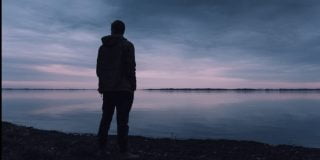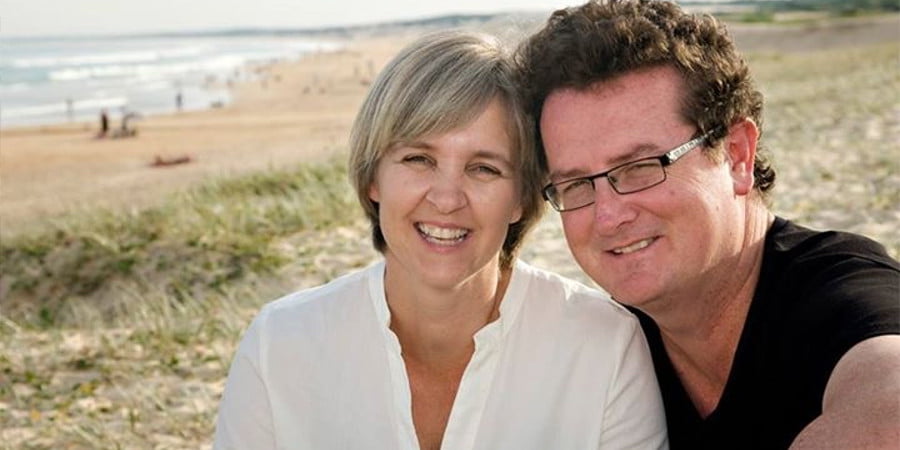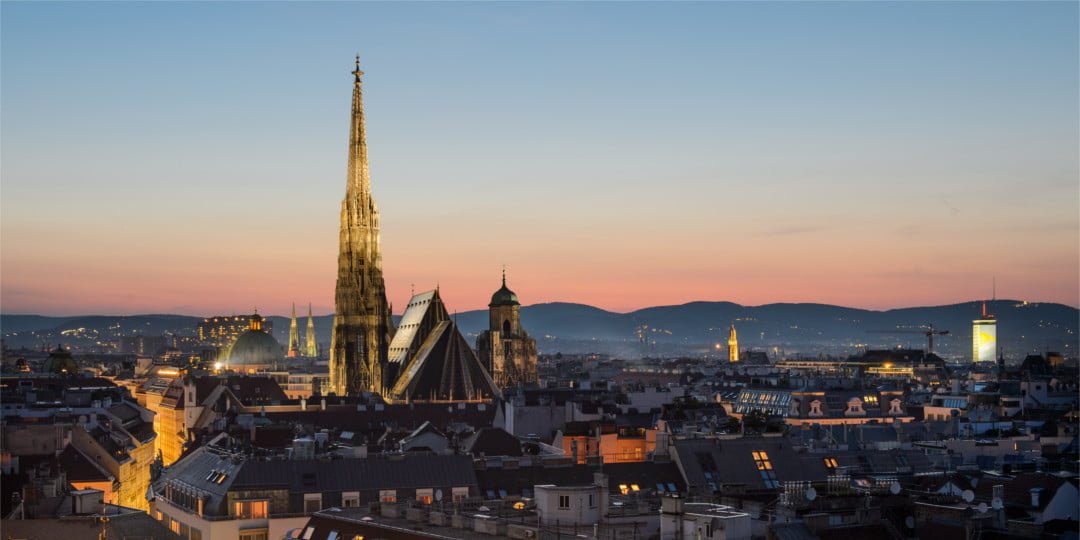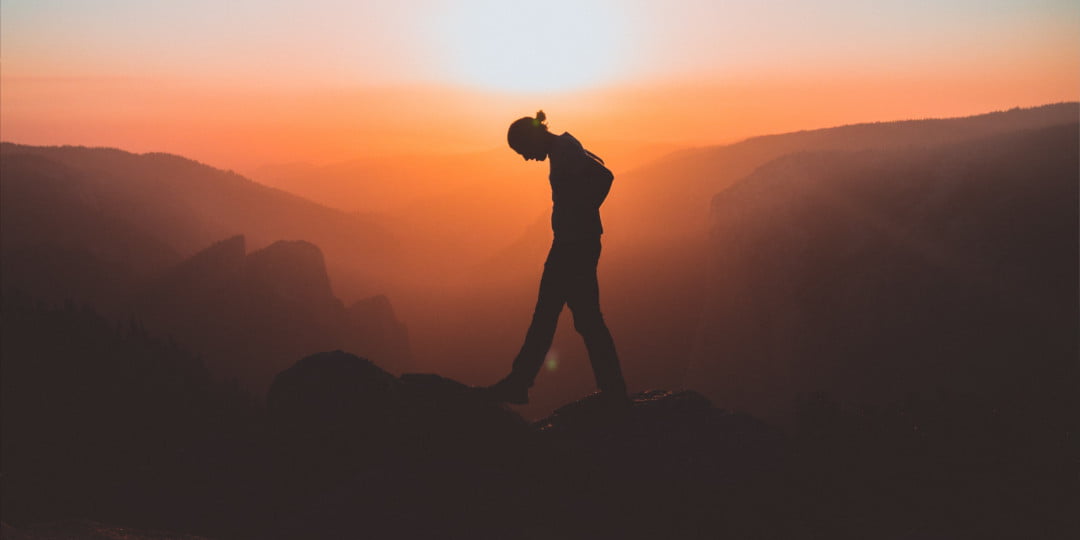In February 2011 I walked into my doctor’s rooms to be told I have Parkinson’s disease- that over time I will lose the ability to control my body. At forty five years of age I was young to be diagnosed. There is no cure.
For years I have wondered about the role of God when the world doesn’t function as it should. I have debated, theologised and speculated. Now the questions are much more personal. Did God will me to contract Parkinsons? If so, why? If not, where is God in this?
The questions I’m asking about my disease are the same ones I ask about natural disaster. Where was God when that devastating wave drowned the coastline of Aceh on Boxing Day in 2004? When buildings collapsed in Haiti on January 12, 2010? When fires swept the Victorian countryside on February 7, 2009?
I don’t have answers to all my questions. Are all things ultimately willed by God as some theologians claim? Does God permit evil things and then work them into his plan? Is the freedom granted to us and creation such that God cannot prevent its exercise? I am not sure of the answer to these questions, but one thing I do know is that in a sinstained world things go wrong. Bad things happen and they happen to people who don’t deserve it and they happen without any apparent rhyme or reason. Indeed, is that not the nature of sin and evil, to bring chaos and disorder to that which God made good?
This leaves me identifying with Job from the Old Testament. He loses his wealth to thieves, his children to natural disaster and his health to disease. His friends, arriving to comfort him, have it all figured out. Their theology provides neat, simple answers. All things come from the hand of God to either reward us for the good we have done or punish us for the evil we have perpetrated. Job, they conclude, must have done something terribly bad and he needs to repent.
But for Job it doesn’t add up. He shares their theology but finds it no longer explains the world. He hasn’t done evil, so why is God pursuing him? He is painfully confused and demands God appear and explain himself. At the close of the book God does appear, but Job doesn’t get the explanation he seeks. He never discovers why these tragedies have befallen him. Rather he learns that God, whose knowledge and power are infinitely greater than his, governs the universe with wisdom, even if Job can’t figure it out.
I don’t know why I have Parkinsons or why the Tsunami hit Aceh. Indeed, it may well be there is no higher purpose to explain them. What I do know is not an answer, but a person. God. Revealed to me through Jesus. Good. Wise. Loving. Graceful. Kind. Trustworthy.
This God is an incarnate and crucified God, a God who entered our world and experienced the mundane realities of evil. Jesus started life as a refugee fleeing a brutal tyrant who wanted to kill him. He was slandered by his opponents; abandoned by his friends; mocked and beaten by his captors and executed in the most humiliating and painful way.
Yet these things don’t signal the absence of God. As evil heaped its banalities high, God was there in Christ, meeting violence with non-violence; hatred with love; evil with forgiveness. So often I rationalise that if evil is present, God must be absent, and vice versa. But doesn’t the incarnation of Jesus suggest otherwise? Does it not remind me that when evil reached it’s pinnacle, God was present crying “Father, forgive them”?
What does this mean when a tsunami strikes or a brain like mine stops producing sufficient dopamine? If the tsunami and the physical impairment are signs that I inhabit a chaotic, sin-stained world, what is the sign that God is with me in that world? In my experience God makes his presence known by giving himself to me as someone to whom I can cry out in protest. Like the Psalm writers I begin with lament and end with the fresh realisation that I have not been orphaned but am a beloved child of God. I see the fingerprints of God in the rising sun and the cooling breeze that followed my diagnosis, signs that there is more order in the universe than chaos, an order that speaks to me of a good Creator. And in my experience the love of God comes to me through the love of others. When I shed tears with another, feel their reassuring embrace, am strengthened by their wisdom, are they not the tear-ducts of God, the arms of Christ, the voice of the Spirit?
And my God is not only the crucified God. My God is also the risen God, the God of hope. The New Testament declares that what happened to Christ will happen to me. I too will be raised to a new life, in a new body, a member of a renewed human community, dwelling with God on a new earth. It’s an audacious hope, but a hope that informs how I face the future. My decaying body is not the final word. Ahead of me lies a new body and a new world.
It is the same resurrection hope that informs how I face disasters. I can’t speak for those who have suffered from a natural disaster, but as I ask where God is when disaster strikes, my answer is that my God is not only the God of suffering, empathetic love, but the God who will not surrender us or our world to the forces of chaos and disorder. The resurrected God will remake our lives and our world. A day will come when tsunami and earthquake will be no more, when “there will be no more mourning or crying or pain, for the old order of things has passed away.”
The God I worship has not surrendered to chaos, nor is he its architect. When events overwhelm me, he can be difficult to find. But he remains the incarnate, crucified God, who never abandons me, but is always present, responding to chaos with long-suffering love. And my God is the resurrected God, whose deep love for humankind and creation will lead him to bring an end to disaster once and for all. When disasters strike, whether the disease that ruins bodies or the earthquake that brings down buildings, there are many questions about God that I can’t answer.
The answer I possess is a person. The crucified and risen God.
First published in Baptist World Aid’s Be Change magazine. For other articles from this edition see baptistworldaid.org.au/bechange






beautiful, Scott. Thanks. Well put.
Thanks Ralph
Some events which cause bad things to happen, also cause good things – same event, same time. A surfer on a wave is having a good time, but that same wave washes a fisherman off the rocks and he drowns. Where’s the evil? There is none – it’s just an event that had a bad outcome. The tsunami was a natural, predicted outcome of geological events that make the world the beautiful habitable planet that it is. No evil, just big processes and little humans not getting out of the way.
Not sure how your Parkinison’s fits into things though.
Thanks Scott, saddened to learn of your Parkinson’s, but always encouraged whenever I read your posts and always encouraged to see my brother going on strong in the Lord though our paths cross over little these days. Dick, I think you’ve missed a point. If you are going to argue that a Tsunami is a natural outcome, then why aren’t you prepared to concede that Scott’s Parkinson is also a natural outcome? Or again, if there is a creator, then why did the creator create a world that can naturally cause so much pain, suffering – when little humans don’t… Read more »
Thanks Tom,
We really ought to catch up over a beer sometime soon.
Agree with your response to Dick
The universe has been going for 13.5 billion years, earth for 4.5 billion, and Homo Sapiens for only 0.2 million. Biblical scholars have dated the rebellion in the Garden of Eden at only 6,000 years ago. To attribute the fallen universe to that rebellion is surely absurd, with respect.
I’m with Dick on this one!
Well Sandra, there’s a first time for everything! I guess Tom, that I do see disease as a natural outcome of events, certainly not as punishment, that’s for sure (though I know that’s not Scott’s view either). I struggle with the notion that coz things don’t work out the way we want (sickness, death) it’s a sign of a fallen world. I recognise it’s easy for me to say that – I chose my parents very well, I’ve had a pretty cruisey run thus far – I appreciate that, believe me. But I can’t see sin manifest in natural processes.… Read more »
Scott, you say, “there are many questions about God that I can’t answer”. I said this too, when I was a Christian. Too many unanswerable questions left me with a God I could not understand, who was so at odds with my sense of what is fair, just, ethical, compassionate, responsible, loving, merciful, helpful, fatherly, etc, that my love for him withered for lack of any nurturing, guidance or enlightenment. Now that I am a parent, I realise even more that “you wouldn’t understand, you’re too little, you’ll just have to trust and obey me, stop asking why” is totally… Read more »
THE CATALYST 3.6.’16 Andris Heks, Blue Mountains NSW Christianity is the biggest world religion with 2.2 billion adherents, constituting 31.50% of all religious people. https://en.wikipedia.org/wiki/List_of_religious_populations. So what is Christ’s secret? It is perhaps, that He is the most popular Catalyst who has ever walked on this Earth. Catalyst is defined as : ‘An agent that stimulates or precipitates a reaction, development, or change’ that ‘takes part in the reaction but remains chemically unchanged by it.’ http://www.thefreedictionary.com/catalyst The term derived from Greek καταλύειν, meaning “to annul,” or “to untie,” or “to pick up.” https://en.wikipedia.org/wiki/Catalysis Because catalysts are not consumed in the… Read more »